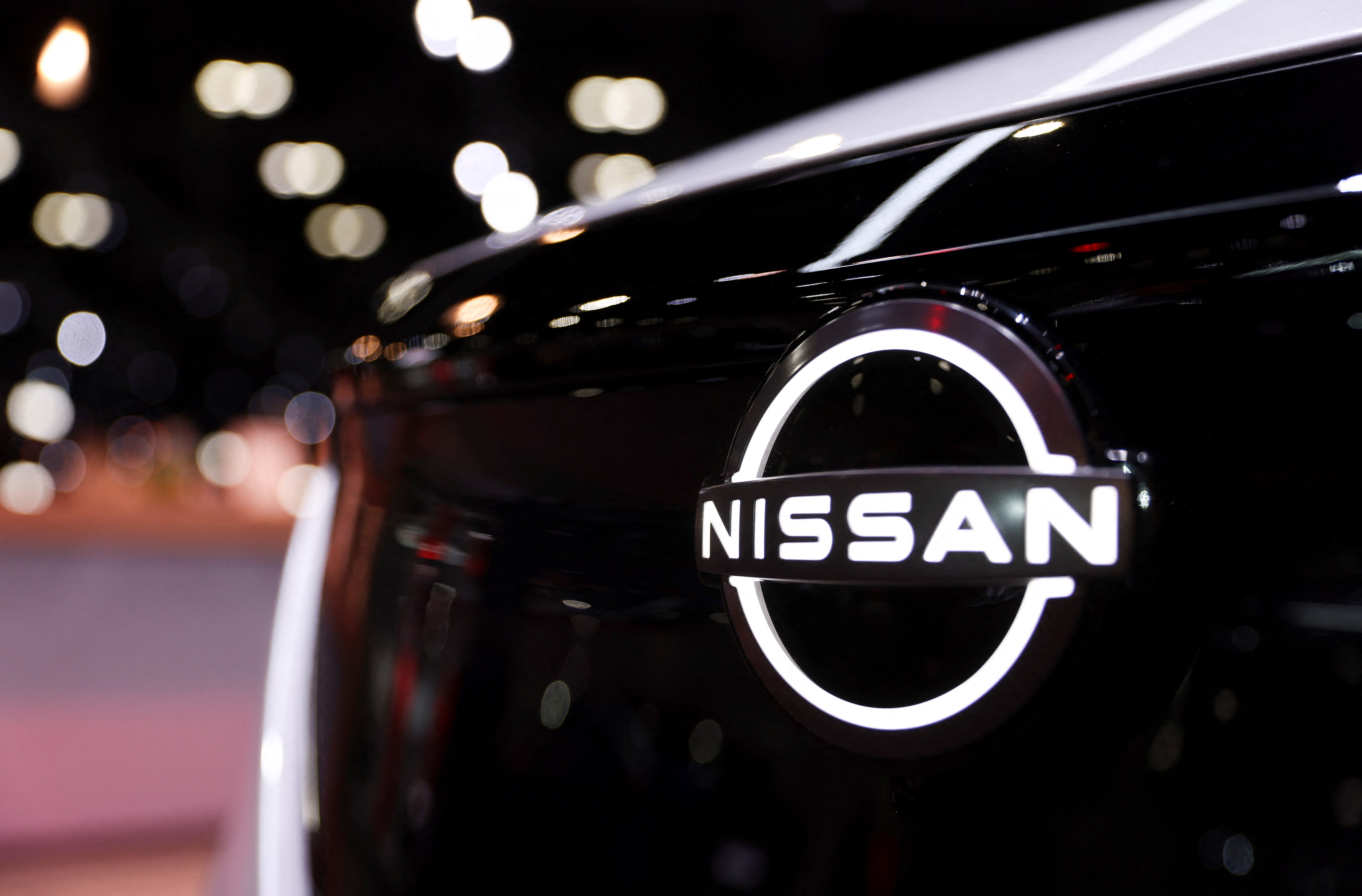The era is over! Nissan will stop developing fuel engines and will gradually transition to e-Power
Nissan's rapid shift to electrification comes against the backdrop of an accelerating trend in global EV penetration.
On June 3, traditional auto giant Nissan announced that it will no longer develop new gasoline and diesel internal combustion engines (ICE) and will gradually move towards electrification.
Francois Bailly, Nissan's senior vice president for Africa, the Middle East, India, Europe, and Oceania, stated: "It is certain that we will not invest in new fuel engine power systems. Our future is electric vehicles."
However, currently, Nissan’s product lineup, except for pure electric vehicles and the upcoming replacement of the Nissan Leaf, still relies on internal combustion engines. In response, Bailly said that Nissan will use its e-Power hybrid technology to help all internal combustion engine models transition smoothly. He said: "e-Power is a stepping stone to achieve this goal, and each market will progress at its own pace."
Nissan's e-Power technology was first introduced in 2016. Unlike traditional hybrid systems, the internal combustion engine in the e-Power system does not directly drive the wheels but provides electricity to the electric motor. This design allows the vehicle to primarily rely on the electric motor for driving, resulting in higher fuel efficiency and a smoother driving experience.
Currently, e-Power is mainly equipped in the Nissan Kicks SUV and the new generation X-Trail SUV, but Bailly’s comments suggest that e-Power will spread to all Nissan models, including the classic SUV models: Juke and Pathfinder. Similarly, the next-generation Navara pickup is expected to adopt a plug-in hybrid system, as rumors suggest that the next-generation Navara will be based on the new Mitsubishi Triton platform.
Nissan's rapid shift to electrification comes against the backdrop of accelerating global electric vehicle penetration. UK research firm LMC Automotive predicts that, in terms of global passenger car sales, engine vehicles accounted for 67.5 million units in 2021. Although this is 15 times the scale of pure electric vehicles, by 2033, pure electric vehicles will increase to 46.98 million units, surpassing engine vehicles by 20%. In other words, the market size of pure electric vehicles will expand tenfold in 12 years.
Reports indicate that the long-rumored next-generation R36 GT-R will be a pure electric vehicle, and the current Z sports car is likely to be Nissan's last gasoline engine sports car. Additionally, Nissan's Sunderland plant in the UK will soon transition to a pure electric vehicle production base, producing the third-generation Leaf as well as electric versions of the Juke and Qashqai.
Regarding when to fully stop producing fuel vehicles, Bailly declined to give a specific timetable, stating that it will depend on regional regulations and market demand. As early as September 2023, Nissan announced that it will achieve full electrification in the European market by 2030, and reiterated in November that all new models in the European market will be electric vehicles in the future.

·Original
Disclaimer: The views in this article are from the original Creator and do not represent the views or position of Hawk Insight. The content of the article is for reference, communication and learning only, and does not constitute investment advice. If it involves copyright issues, please contact us for deletion.